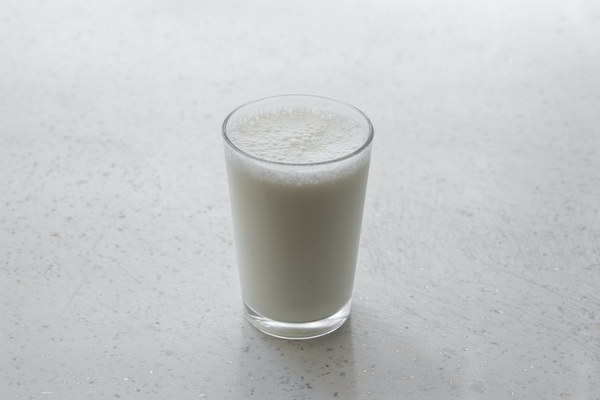Nurturing Liver Health A Comprehensive Guide to Choosing the Right Practices
In today's fast-paced world, maintaining liver health has become a top priority for many. The liver plays a crucial role in filtering toxins from the body, producing bile, and metabolizing nutrients. However, with the abundance of unhealthy habits and environmental factors, it is essential to know how to effectively nourish and protect this vital organ. In this article, we will explore various practices that can help you maintain a healthy liver, from diet and lifestyle choices to natural remedies and supplements.
1. Diet
A balanced diet is the foundation for liver health. Here are some dietary recommendations to help you nurture your liver:
a. High-fiber foods: Consuming a diet rich in fruits, vegetables, whole grains, and legumes can help reduce the risk of liver disease. These foods aid in digestion, decrease the levels of harmful cholesterol, and promote the removal of toxins.
b. Anti-inflammatory foods: Inflammation can lead to liver damage. Incorporate anti-inflammatory foods such as berries, green leafy vegetables, nuts, and fatty fish into your diet to reduce inflammation.
c. Liver-friendly fats: Healthy fats, such as those found in avocados, nuts, and olive oil, can support liver function and help reduce the risk of fatty liver disease.
d. Limiting alcohol and processed foods: Excessive alcohol consumption can lead to liver damage, while processed foods can overload the liver with toxins. It is crucial to limit these substances to maintain a healthy liver.
2. Lifestyle choices
Healthy lifestyle habits can significantly contribute to liver health. Here are some recommendations:
a. Regular exercise: Engaging in physical activity for at least 30 minutes daily can help improve liver function and reduce the risk of fatty liver disease.
b. Adequate sleep: Getting enough sleep is essential for liver function. Aim for 7-9 hours of quality sleep per night to support liver health.
c. Stress management: Chronic stress can lead to inflammation and weaken the immune system, which may affect liver health. Practice stress-reducing techniques such as meditation, yoga, or deep breathing exercises.
d. Avoid smoking and secondhand smoke: Smoking is a significant risk factor for liver disease. Quitting smoking can help improve liver function and reduce the risk of developing liver cancer.
3. Natural remedies
Some natural remedies can support liver health:
a. Milk thistle: This herbal supplement is known for its liver-protecting properties. It helps to improve liver function and reduce inflammation.
b. Dandelion: Dandelion is another natural liver aid, as it contains compounds that support the liver's detoxification process.
c. Artichoke: Artichoke extracts have been shown to help reduce cholesterol levels and improve liver function.
4. Supplements
While supplements should not replace a healthy diet and lifestyle, some can support liver health:
a. Vitamin E: This fat-soluble vitamin helps protect the liver from oxidative stress and may reduce the risk of liver disease.
b. Vitamin C: An antioxidant that supports liver function and aids in the detoxification process.

c. Selenium: This mineral helps protect the liver from oxidative damage and supports immune function.
In conclusion, nurturing liver health requires a combination of a balanced diet, healthy lifestyle habits, natural remedies, and supplements. By incorporating these practices into your daily routine, you can support your liver's function and reduce the risk of liver disease. Remember to consult with a healthcare professional before starting any new supplement or treatment to ensure it is safe and suitable for your individual needs.









